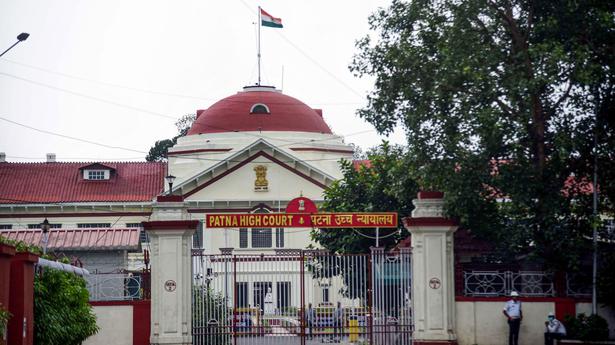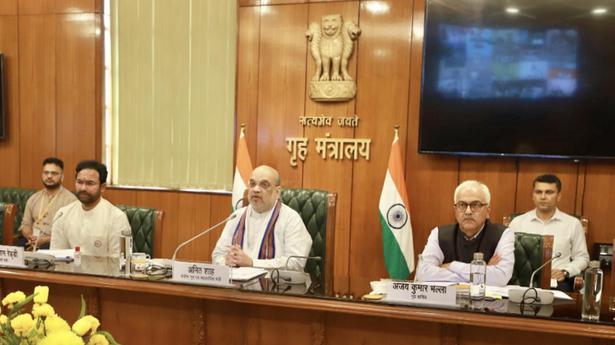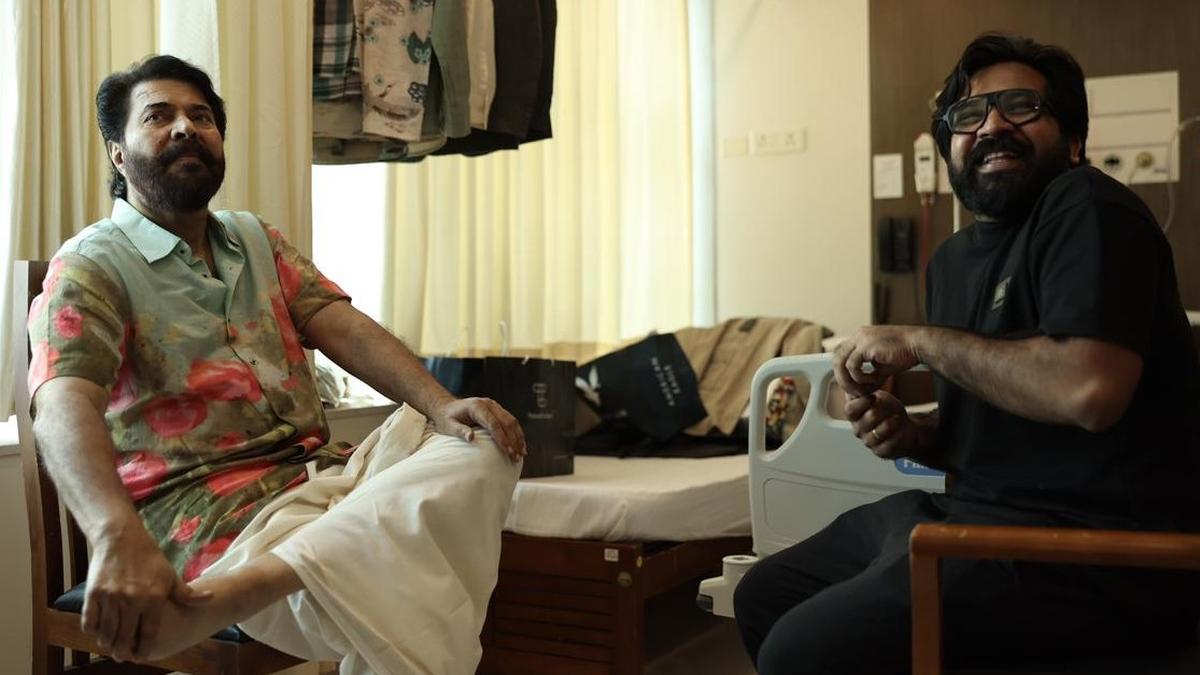The High Court ruled that the elections be held “only by re-notifying the seats reserved…..treating them as general category seats”
The High Court ruled that the elections be held “only by re-notifying the seats reserved…..treating them as general category seats”
The Patna High Court on Tuesday declared as “illegal” reservation of seats for Other Backward Classes and Extremely Backward Classes for election to municipal bodies in Bihar and ordered that polls be held only after treating such berths as those of general category.
A division Bench comprising Chief Justice Sanjay Karol and Justice S. Kumar passed the order, allowing a bunch of petitions challenging the quota system, and ruled that the elections be held “only by re-notifying the seats reserved…..treating them as general category seats”.
Explained | OBC reservation across India, its history and challenges
The order that was passed less than a week ahead of the first phase of polls scheduled on October 10 throws a spanner in the election process.
It also left Chief Minister Nitish Kumar’s JD(U) and the BJP, a former ally which it dumped less than two months ago, trading charges.
JD(U) parliamentary board chief Upendra Kushwaha alleged in a series of tweets that the “unfortunate” High Court order stemmed from a “deep conspiracy of the Centre and the BJP”.
Explained | Why is the government against caste census?
“Had the Narendra Modi government conducted a timely caste census and completed all the constitutional formalities, things would not have come to this pass. The JD(U) will launch a stir against this conspiracy of the Centre and the BJP,” Mr. Kushwaha said.
State BJP spokesperson Nikhil Anand, who is also the national general secretary of OBC Morcha, slammed Mr. Kushwaha for playing “victim card”.
“Nitish Kumar owes an answer to the people as to why, without preparations, he started the municipal poll process. Why he did not set up an independent commission for ascertaining the imperativeness of reservation so that the quotas could withstand judicial scrutiny? He is to be blamed for the humiliation OBCs, and EBCs are suffering,” Mr. Anand alleged.
The court, which had reserved its order in the matter on September 29 when it had indicated that the judgement might come during vacations, came out with the verdict on a holiday.
In the 86-page order, the State Election Commission (SEC) has come in for sharp criticism and been asked to review its functioning as an autonomous and independent body, “not bound by the dictates of the Government of Bihar”.
Though the court had not stayed the election process, the SEC had, on September 30, issued a circular to all district magistrates in anticipation of an adverse order. The DMs had been asked to inform all the contestants that the election schedule was to be subject to the order passed by the court.
The elections were to be held in two phases, on October 10 and 20, for which results were to be announced on October 12 and 22 respectively. According to the SEC, altogether 1.14 crore voters were to exercise their franchise.
The court also advised the State government that it should “consider enacting a comprehensive legislation pertaining to reservations in elections to local bodies, urban or rural, to bring the State seamlessly in line with the directions issued by the Apex Court”.
It also pointed out that commissions formed in the state under the Backward Classes Act and the Commission for Extremely Backward Classes were “for purposes independent and distinct from ascertaining political backwardness”.
“The State of Bihar has not undertaken any exercise by which the criteria adopted for providing reservations under socio-economic/educational services have been adopted for the purposes of ensuring electoral representation of Other Backward Classes, including Extremely Backward Classes”, the court said.
The court, however, upheld an amendment dated April 2, 2022 of Section 29 of the Municipal Act whereby the posts of deputy mayors and deputy chief councillors were created.
It noted that these offices had “a limited role to play. Only if the main post falls vacant or the incumbent is unable to exercise the power….. the next in line would take over….. challenge to the same, in our view, needs to be repelled”.







